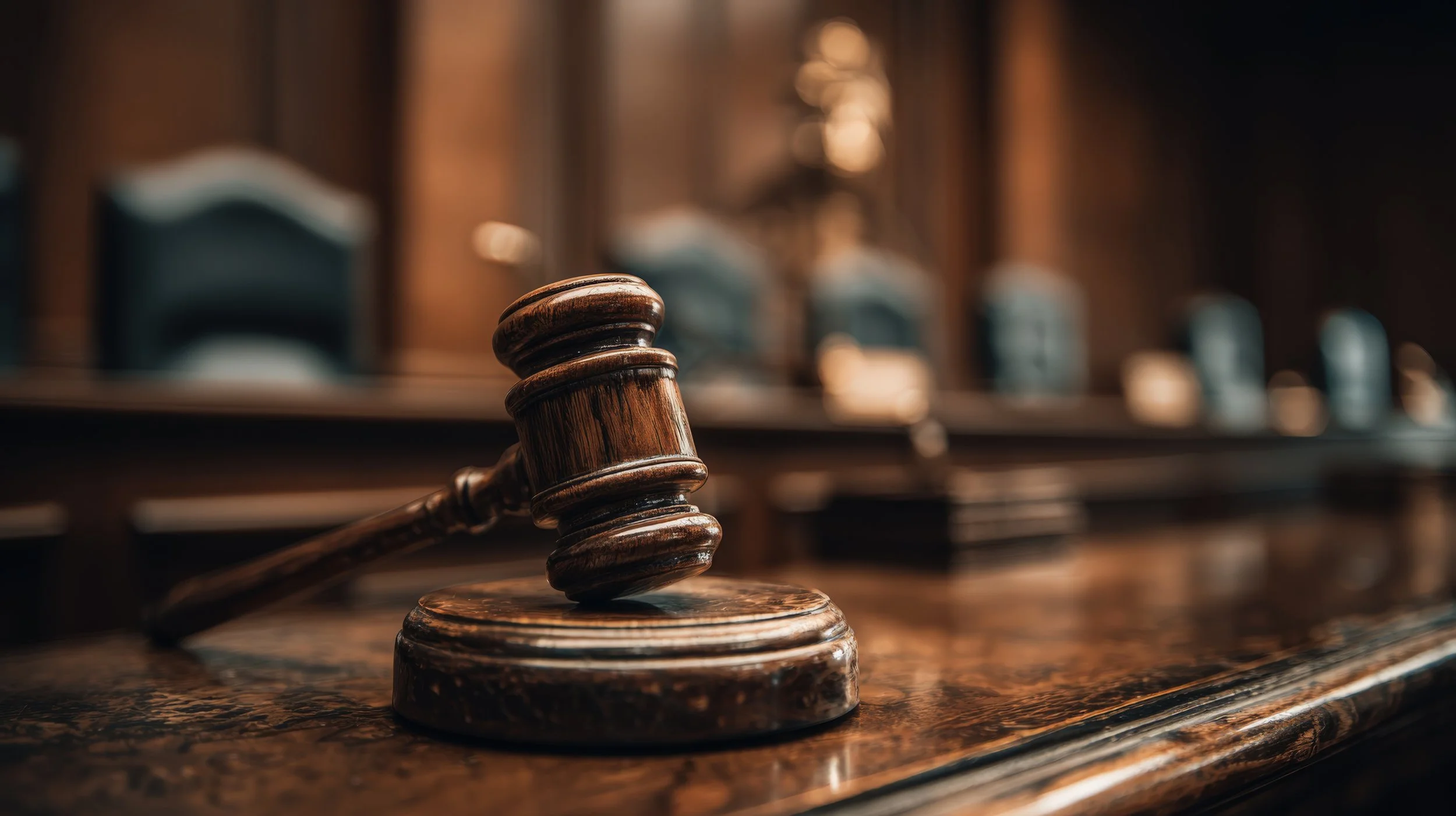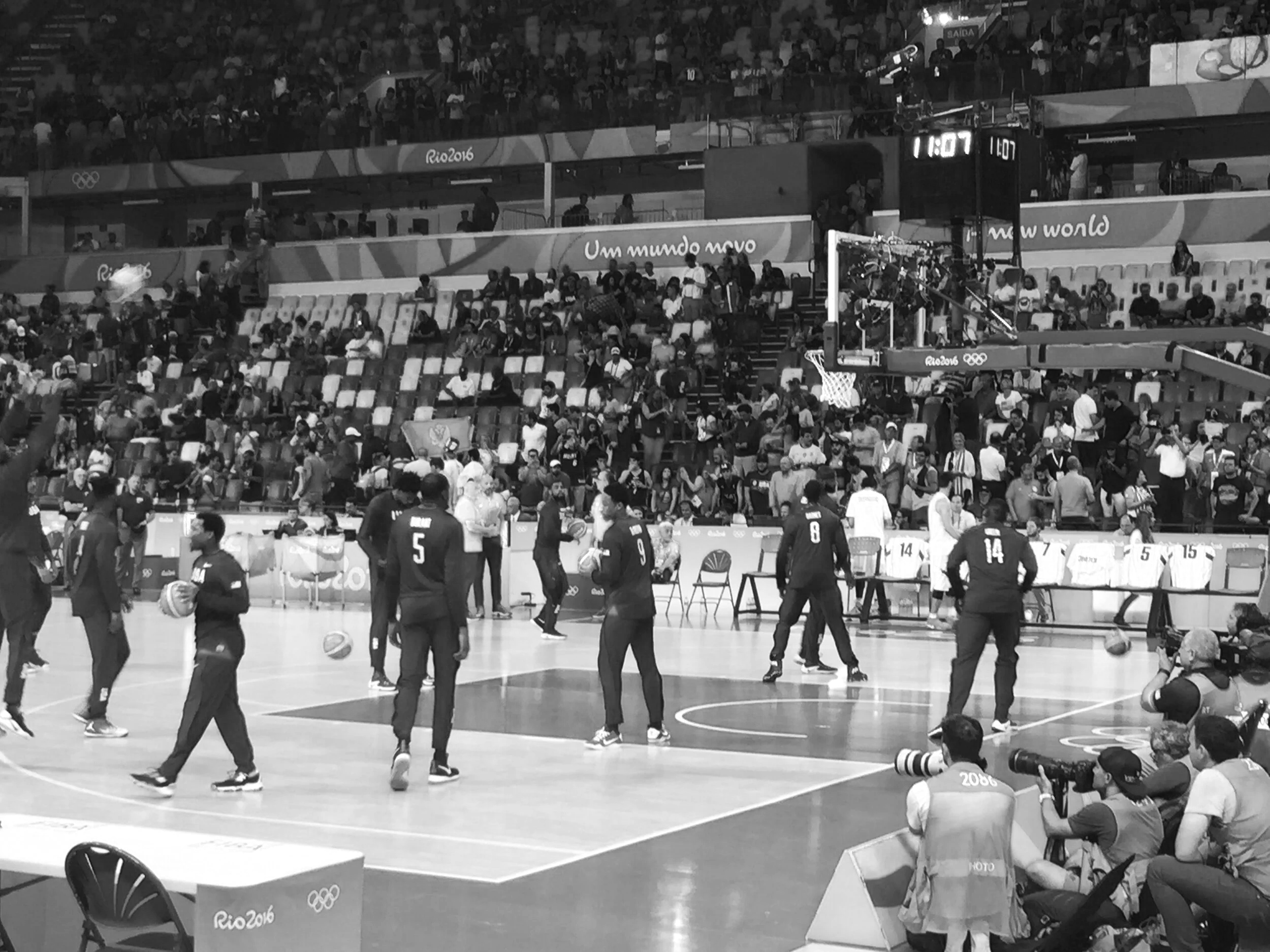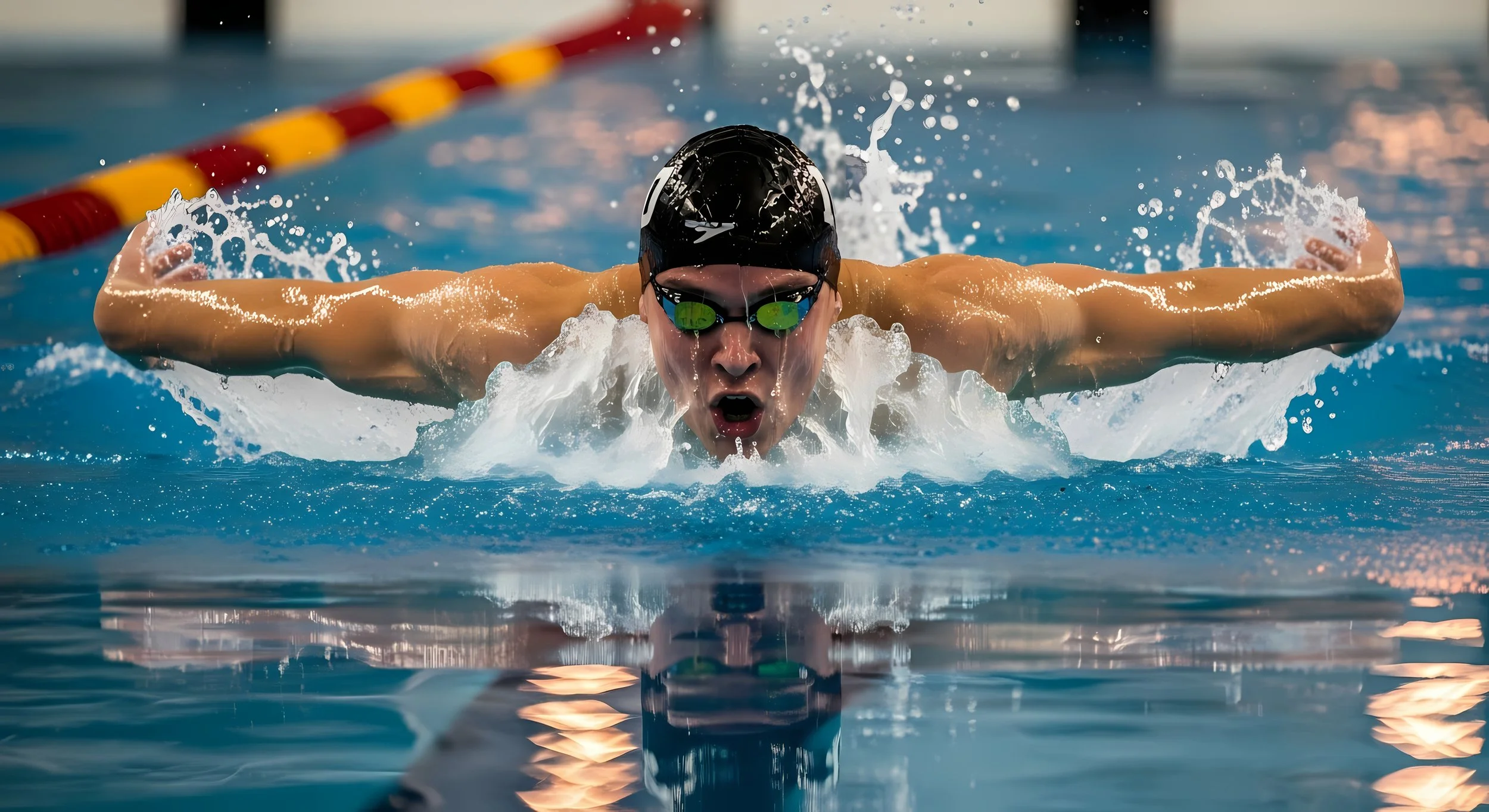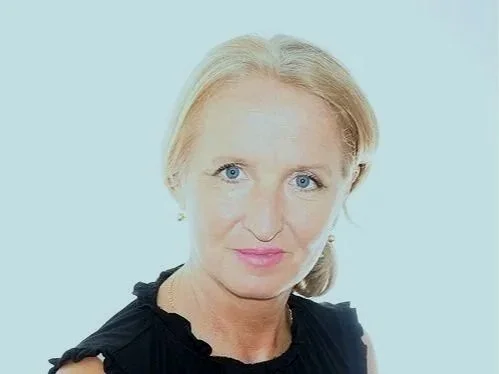
Arbitration and Dispute

Arbitration and Dispute
Resolution
Sports Arbitration, Conciliation and
Settlement Negotiations
Court of Sports Arbitration
Andrea Carska-Sheppard is Lawyer, Arbitrator and Global Corporate Counsel. Her expertise are commercial law and sports law.
She is a Sports Arbitrator, appointed by the Court of Arbitration for Sport (“CAS”) in Switzerland to its General Division. The arbitrators of the General Division of CAS hear general sports-related disputes including those arising out of a contract, such as for example sponsorship contracts and media rights. Additionally, she is a member of Sports Dispute Resolution Center of Canada (“SDRCC”).
She served as a sole arbitrator and/or co-arbitrator in the following sports: athletics, basketball, gymnastics, hockey, tennis, and volleyball and also served as an arbitrator in safeguarding cases. She was appointed as an arbitrator for the CAS Ad Hoc Division at the Rio de Janeiro Olympic Games. The link to her arbitrator profile is here.

Dispute settlements
While in number of situations, advantages are going through the court or arbitration proceedings, the parties often benefit from settling their disputes before going to court, write Robert H. Mnookin, Scott R. Peppet, and Andrew S. Tulumello in their book Beyond Winning: Negotiating to Create Value in Deals and Disputes (Harvard University Press, 2000) and we provide a safe platform for solving disputes privately and efficiently through conciliation which is a process aimed of ending a disagreement between the group or people involved or through negotiated settlement which results is an agreement between parties to resolve a dispute.

Some points to note
Every situation requires specific skills and a tailored solution. The initial confidential complimentary assessment is conducted to diagnose the situation. All through the process the matter is kept strictly confidential unless you wish to make a public disclosure.

In addition to serving as arbitrator for during the Rio Olympic Games (example of arbitration decision can be found here) She worked/arbitrated Disputes related to: International Contracts including Employment Contracts, Doping, Collective Agreement for Professional Players in variety of sports including Track & Field, Ice Hockey (covered NHL and was accredited at Montreal Canadians prior to law studies), Football, Basketball, Tennis, Motorsports.
Andrea is an Author and Co-Author of leading articles on international commercial and sports arbitration, doping, investor-states disputes, global contracts, legal compliance. Co-Author with Professor Paul Weiler, from Harvard Law School "Back on Track 2: Corrective Justice for Performance Enhancing Malpractice in Sports," 2 Pace I.P. Sports & Ent. L.F. 137 (2012). List of publications provided on request. More information on her sport arbitrator qualifications can be found here.

In addition to serving as arbitrator for during the Rio Olympic Games (example of arbitration decision can be found here) She worked/arbitrated Disputes related to: International Contracts including Employment Contracts, Doping, Collective Agreement for Professional Players in variety of sports including Track & Field, Ice Hockey (covered NHL and was accredited at Montreal Canadians prior to law studies), Football, Basketball, Tennis, Motorsports.
Andrea is an Author and Co-Author of leading articles on international commercial and sports arbitration, doping, investor-states disputes, global contracts, legal compliance. Co-Author with Professor Paul Weiler, from Harvard Law School "Back on Track 2: Corrective Justice for Performance Enhancing Malpractice in Sports," 2 Pace I.P. Sports & Ent. L.F. 137 (2012). List of publications provided on request. More information on her sport arbitrator qualifications can be found here.
Frequently Asked Questions
What kind of disputes can be submitted to the CAS?
Any disputes directly or indirectly linked to sport may be submitted to the CAS. These may be disputes of a commercial nature (e.g. a sponsorship contract), or of a disciplinary nature following a decision by a sports organisation (e.g. a doping case).
What law applies to hearings?
In the context of ordinary arbitration, the parties are free to agree on the law applicable to the merits of the dispute. Failing such agreement, Swiss law applies. In the context of the appeals procedure, the arbitrators rule on the basis of the regulations of the body concerned by the appeal and, subsidiarily, the law of the country in which the body is domiciled. The procedure itself is governed by the Code of Sports-related Arbitration.
How are the arbitrators appointed?
Generally speaking, the arbitration is submitted to a panel of three arbitrators.
Under the ordinary procedure, each party chooses one arbitrator from the CAS list, then the two designated arbitrators agree on who will be the president of the panel. Failing such agreement, the President of the Ordinary Arbitration Division makes this selection instead of the two arbitrators.
Under the appeals procedure, each party chooses an arbitrator, and the president of the panel is selected by the President of the Appeals Arbitration Division.
If the parties agree, or if the CAS deems this appropriate, a sole arbitrator may be appointed, depending on the nature and importance of the case.
The arbitrators must be independent, that is to say have no particular connection with any of the parties, and must not have played any role in the case in question.

How much does the arbitration cost?
The ordinary procedure involves paying the relatively modest costs and fees of the arbitrators, calculated on the basis of a fixed scale of charges, plus a share of the costs of the CAS. The disciplinary cases of an international nature ruled in appeal are free, except for an initial Court Office fee of CHF 1000.
How to start the arbitration?
The party wishing to submit a dispute to the CAS must send the CAS Court Office a request for arbitration (ordinary procedure) or a statement of appeal (appeals procedure), the contents of which are specified by the Code of Sports-related Arbitration.

